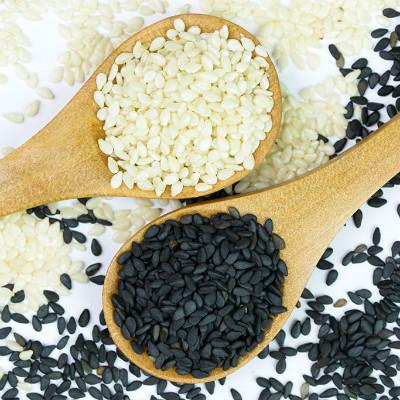How to treat infiltrative exophthalmos?
summary
Endocrine invasive exophthalmos, also known as malignant exophthalmos Graves disease, is an autoimmune disease that endangers vision and damages appearance, and presents progressive development, with many causes. The main clinical manifestation is exophthalmos, which is unilateral or bilateral, accompanied by eyeball and surrounding soft tissue involvement. In severe cases, the visual acuity is affected or blindness is caused by optic nerve damage. The degree of exophthalmos is not parallel to the severity of hyperthyroidism, and the onset can be urgent or slow. Next, I'll tell you something.
How to treat infiltrative exophthalmos?
Local treatment should pay attention to eye rest, wear black or tan glasses to avoid strong light and all kinds of external stimulation, use antibacterial eye ointment and wear eye mask during sleep to avoid inflammation of the exposed part of the cornea. One side eye mask was used to reduce diplopia, high pillow position, salt intake was controlled, and antibacterial eye drops (ointment) and cortisone eye drops were used alternately.

0.5% ~ 1% methylcellulose or 0.5% hydrocortisone solution had better effect on relieving eye irritation. Retrobulbar injection of hyaluronidase has poor curative effect. Methylprednisolone may be effective by intramuscular conus injection.

If there is serious exophthalmos or even conjunctival blister like bulging, such as goldfish eye, it is better to quickly perform eyelid lateral suture, which is a more effective method to protect the cornea. After the exophthalmos is improved, the suture can be removed, but the eyelid suture can be secondary infection, leaving scars to form serrated eyelid margin.

matters needing attention
The study of cellular immunity on T cells infiltrated into extraocular muscles of patients shows that these T cells have the function of recognizing extraocular muscle antigens and can stimulate T cell proliferation and produce migration inhibitory factor. About half of the patients had antibody dependent cell-mediated cytotoxicity (ADCC). The NK activity of exophthalmos patients is low, so the autoantibody production is high.











